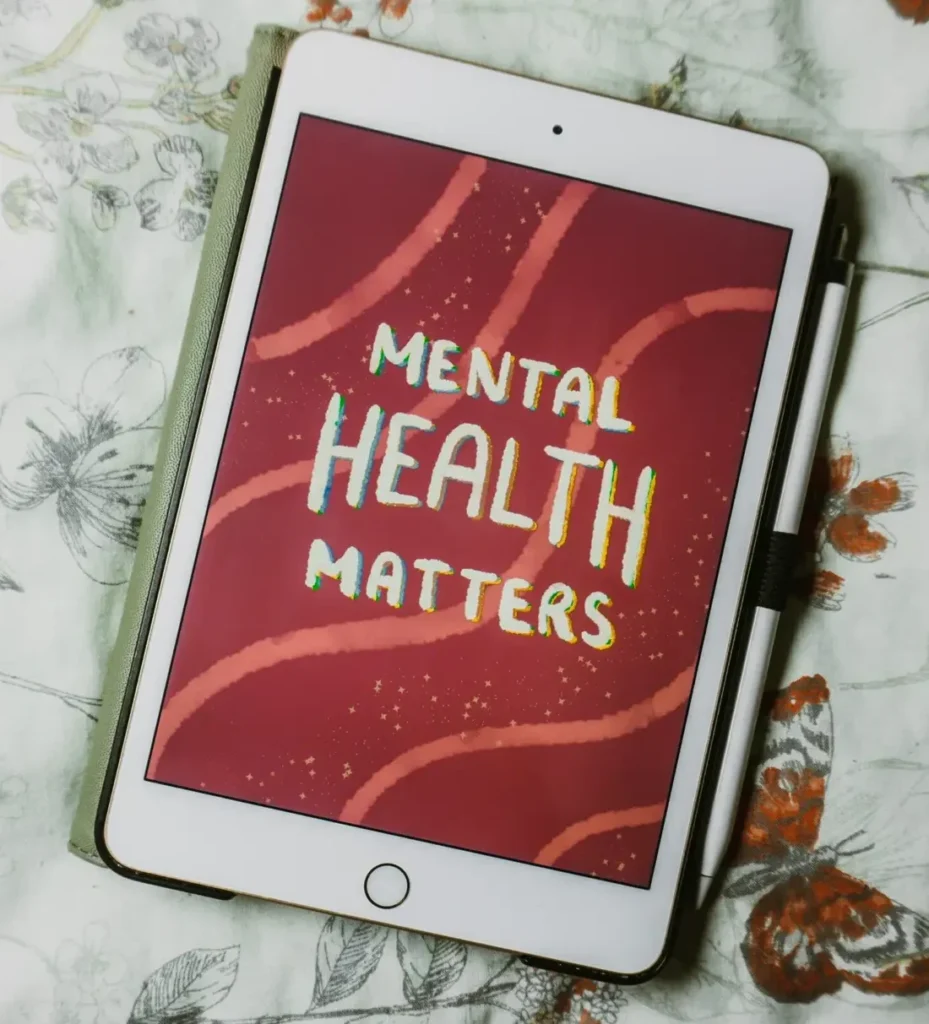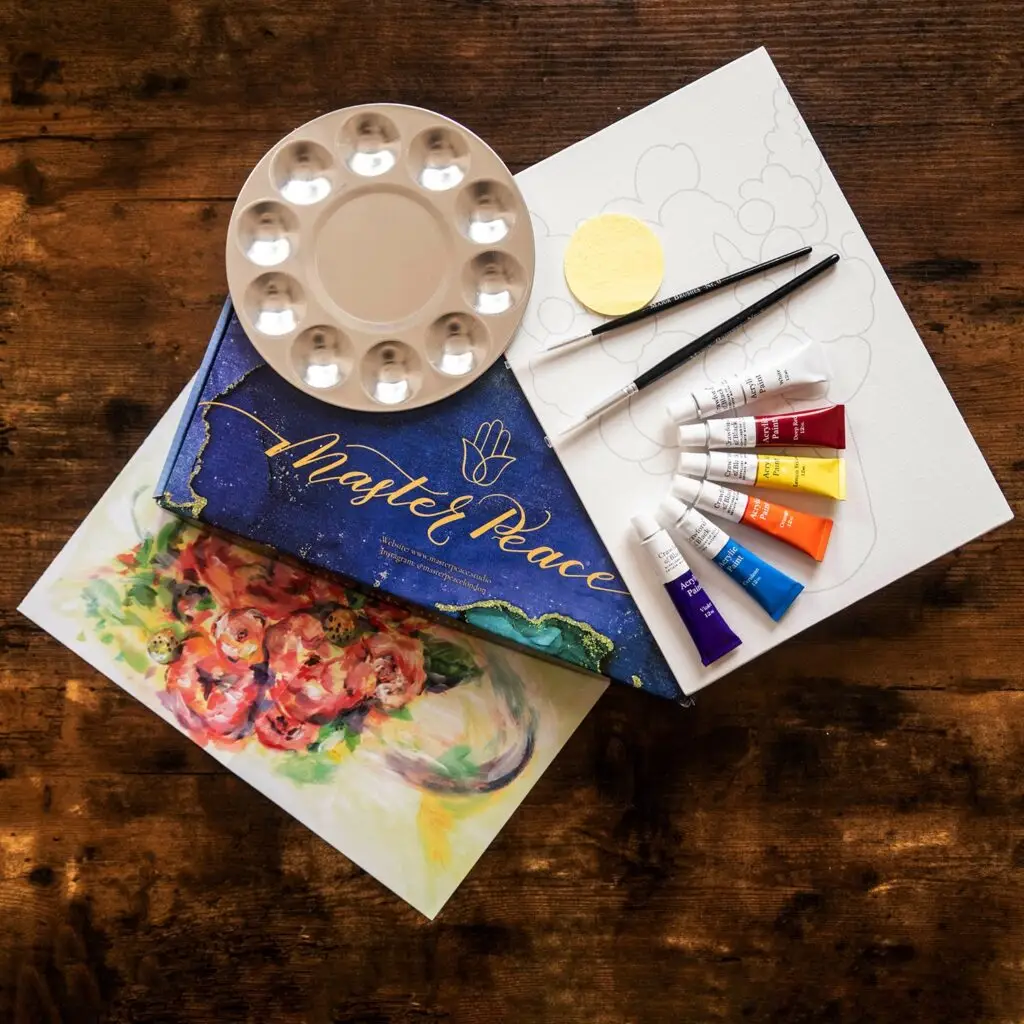Student life can be overwhelming and isolating, with looming deadlines, constant classes, and lingering homesickness. That’s where journaling comes in. Journaling is more than chronologising a day’s events; it’s a form of self-expression and self-care. In fact, there are so many benefits of journalism for students. You don’t need fancy stationery or overly complicated diary apps; just find a notebook and a pen to vent and track your goals.
There are several forms of journals. Here are a few options to choose from:

- Commonplace
A personal treasure trove of information. Note down all information that you find interesting and that you want to remember. Record quotes, facts, ideas, recipes, or research on your latest obsession. There is no one way to organise a commonplace journal. Some leave space for a content page, some organise by theme, and others have no structure.
- Creative
If you want to challenge your imagination, a creative journal is perfect for you. Fill the pages with collages, drawings, paintings, and doodles. Use it to keep track of your other creative processes, such as origami, pottery or sculptures. You can also write about experiences at museums, concerts, art shows, theatre performances, or other art-related exhibitions.
- Project
This journal can help you stay organised and motivated while working on a project. Break down your project into steps, goals and create time boundaries. You can track your progress of your successes and failures as you progress.
A place to keep your fleeting thoughts in the moment, before you forget. This convenient journal allows you to write down ideas instantly, wherever you are.
- Letter
A letter journal is filled with messages meant for loved ones, your future self, or even people from your past. They can help process emotions and communicate what words might otherwise remain unsaid.
- Junk
Collect and upcycle scraps from your week to create weekly page spreads. Your spreads can capture memorable events, important milestones, or even mundane days. This sustainable journaling style will help you appreciate the beauty in everyday items.
Hopefully, this list has inspired you to grab a notebook and start journaling. But if you are still hesitant about whether it is right for you as a student, here are 10 ways journaling can enrich and improve your life:
10 benefits of journalling for students
1. Improves mental health

Journaling allows you to explore your emotions and acknowledge your feelings. By expressing your thoughts into words, you can really understand your mental state. You can identify patterns, process intrusive thoughts, and release emotional tension. This will help you become more self-aware about your wellbeing, which can help you develop healthier ways to handle stress.
2. Reduces stress and anxiety

When life feels overwhelming, writing things can be a form of venting since it can help you slow down and make sense of your emotions. Journaling can turn chaotic thoughts into coherent ideas you can actually work through. A journal is a simple way to organise all your worries and concerns, and regain a sense of control and balance.
3. Helps achieve goals

Writing down the steps to achieve your aims can help motivate you to achieve them. A journal can help set clear objectives and track your progress, ensuring that you can keep yourself accountable throughout your journey. As you see your progression through your goals, your motivation will build, making it easier to stay focused and reach what you’re aiming for.
4. Improves writing skills

Constant and consistent writing can make you more confident in expressing your opinions and ideas. Journaling can involve writing down your thoughts fluently and clearly as they flow. It’s a low-pressure way for you to find your voice and improve your writing style, which will improve your essays and assignments!
5. Heightens academic performance

Did you know that screen time can disrupt your studying? Journaling is a perfect replacement for endless and relentless doom-scrolling. You can create study plans, reflect on seminar discussions, indulge in a creative passion, or explore your feelings. Ditch the screen for the journal, so you can wind down and have a more mindful and focused headspace for your studies.
6. Enhances creativity

Your journal is a safe and private space for you to explore new ideas without the obligation of perfection. You can sketch, brainstorm, write poetry, create collages, and experiment with other art forms with no fear of judgment. Therefore, journalism is perfect for those wanting to engage with their imagination and challenge their creative side.
7. Improves memory

Writing down your thoughts will encourage your brain to process your information more thoroughly. This means that you are more likely to remember the ideas you write. Journaling is like creating a personal record of your thoughts and experiences, so you can refer back to it in the future to jog your memory.
8. Sense of accomplishment and satisfaction

I have found that watching my pages slowly fill up feels extremely rewarding. Whether you are completing the last page of a project journal or adding the final details to a creative spread, as you progress through your journal, you feel pride and accomplishment. This sense of satisfaction can be amazing when you are feeling down or tired, especially since journaling can require little effort.
9. Strengthen relationships

Writing about the friends and family in your life can help you understand your relationships and appreciate them more deeply. You can reflect on what they mean to you and express your gratitude towards them. You can also work through conflicts privately, which can help you communicate better by clarifying your feelings before sharing them.
10. Preserve memories and moments

Your journal can become a time capsule for your thoughts, significant events, and milestones. Capture these memories with letters, creative spreads, quotes, or collages of memorabilia. Looking back through your journal lets you relive moments of joy, challenges you’ve overcome, and your achievements. This allows you to witness your growth over time and appreciate all the meaningful moments.
Journaling does not have to be a huge, time-consuming commitment, but it can make a massive difference in your life. Whether you’re using it to vent your emotions, track goals, or express your creativity. If you are struggling with what to fill your notebook with, check out these Fresher Week opportunities to get you started! So, why not grab a notebook and give journaling a try?
Authors
-
Hi, I'm Kirstie! I'm a BA English student at the University of Bristol, with a passion for creative writing. In my free time, I enjoy baking, sewing, and playing the flute.
View all posts
-
Aminah is a dedicated content expert and writer at Unifresher, bringing a unique blend of creativity and precision to her work. Her passion for crafting engaging content is complemented by a love for travelling, cooking, and exploring languages. With years spent living in cultural hubs like Barcelona, Sicily, and Rome, Aminah has gained a wealth of experiences that enrich her perspective. Now based back in her hometown of Manchester, she continues to immerse herself in the city's vibrant atmosphere. An enthusiastic Manchester United supporter, Aminah also enjoys delving into psychology and true crime in her spare time.
View all posts





